A6 - Our emerging role in point-of-care testing
Organised by the FIP Hospital Pharmacy Section in collaboration with the FIP Clinical Biology Section and the FIP Community Pharmacy Section
Chairs
Lee Vermeulen (Colleges of Medicine and Pharmacy, University of Kentucky, USA)Introduction
Point-of-care testing (POCT) is defined as laboratory testing conducted at or near the site of patient care. While some POCT has been conducted for decades (e.g., blood glucose testing for diabetics), recent advances in technology have broadened the potential for testing of a wide range of applications. POCT can be conducted in a wide range of settings for the management of acute and chronic diseases, as well as for screening and prevention. POCT applications have been developed for the care of patients with heart disease, stroke, cancer and a wide range of infectious diseases, to name a few. Although the testing process is simple and can be performed with little training, the interpretation and clinical application of point-of-care test results is no less complicated than testing done in a conventional laboratory. The role of the pharmacist in POCT will be explored in this session. The pharmacist can be a particularly effective manager of POCT, partnering with clinical laboratory personnel to evaluate the accuracy of tests, and incorporating testing into routine practice at the bedside and in the community pharmacy setting, allowing him or her to improve the care provided to patients by adding critical test results to his or her understanding of the patient and the medication therapy received. The application of POCT in clinical practice will be explored in this session, as well as the challenges faced by pharmacists implementing POCT programmes, including issues regarding test accuracy and result documentation, as well as legal and financial concerns.
Programme
- Overview of technical and clinical aspects of point-of-care testing
Marileia Scartezini (Federal University of Paraná, Brazil) - Value and challenges of hospital pharmacy applications of point-of-care testing
Takafumi Naito (Hamamatsu University Hospital, Japan) - Value and challenges of community pharmacy applications of point-of-care testing
John Shaske (Howe Sound Community Pharmacy/Ascent on Health, Canada)
Nicole Tsao (University of British Columbia, Canada) - Future technical and practical advances necessary to maximise the value of point-of-care testing by pharmacists
Donald Klepser (University of Nebraska Medical Center, USA) - Panel discussion with Q&A
Facilitated by Lee Vermeulen (University of Kentucky, USA)
Learning Objectives
At the end of this session, participants will be able to:
- Describe the availability of point-of-care tests, and the technological framework in which they are developed;
- Outline the opportunities for incorporating POCT into various pharmacy practice settings, particularly in the hospital and community;
- List the challenges associated with implementing POCT in various pharmacy settings, and potential shortcomings of the testing that can be conducted;
- Chart the future course of development of POCT that pharmacists should follow to be prepared to adopt testing into their clinical programmes.
Type of session: Knowledge-based
